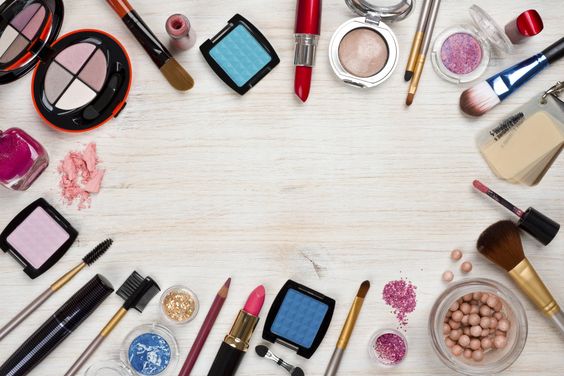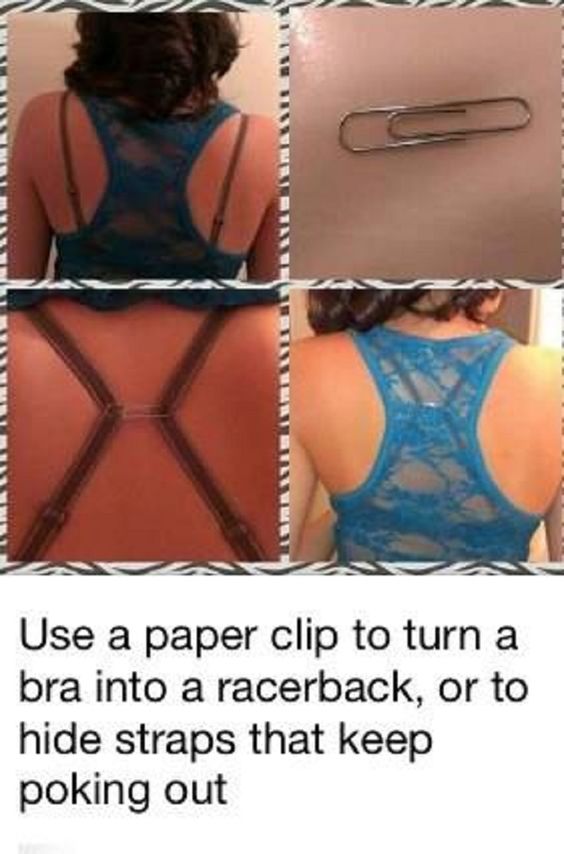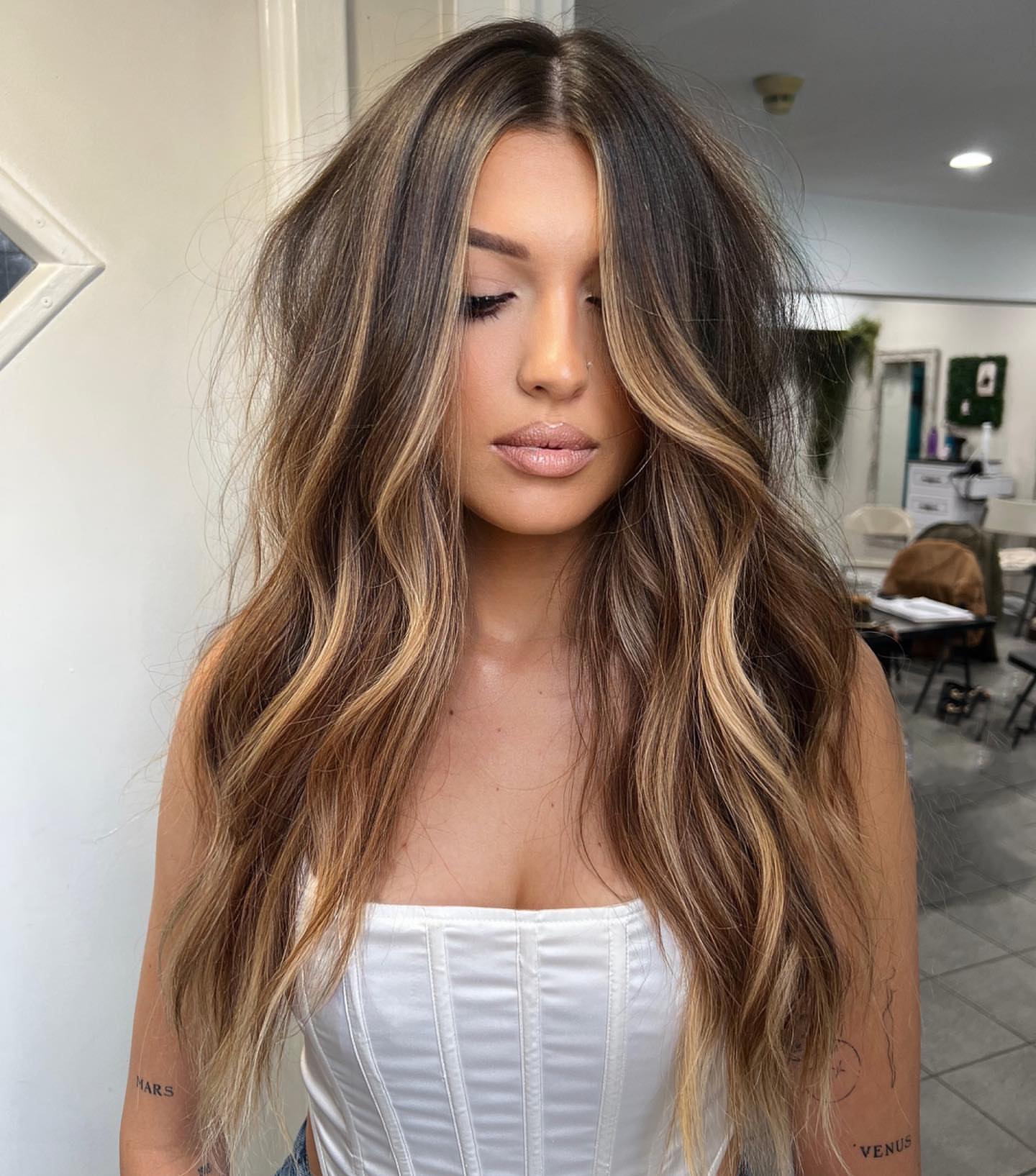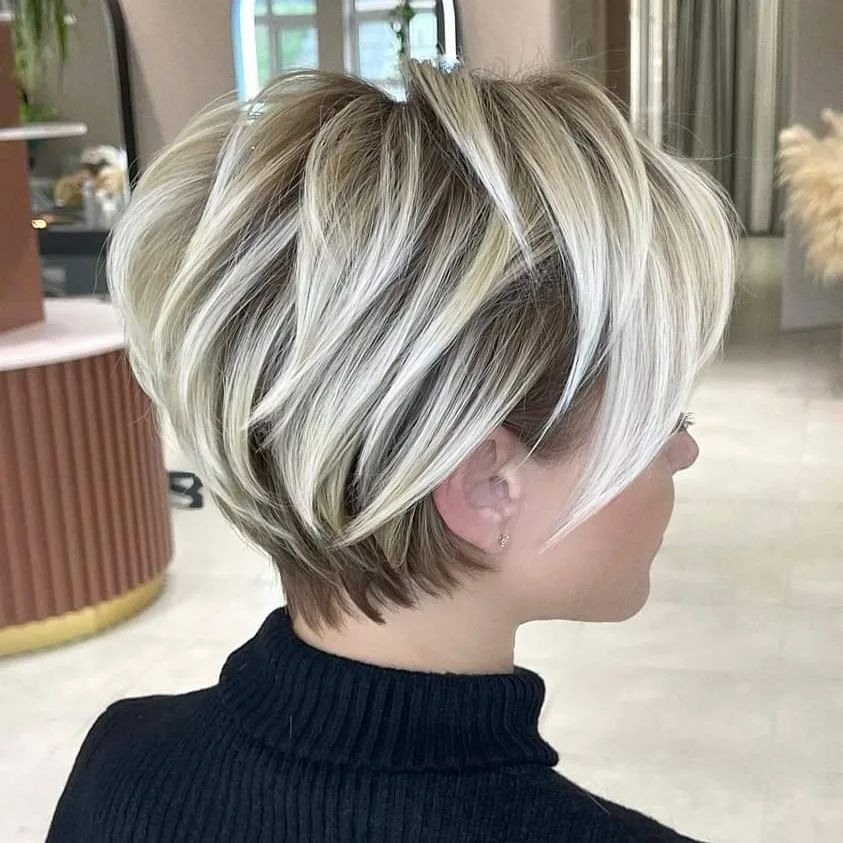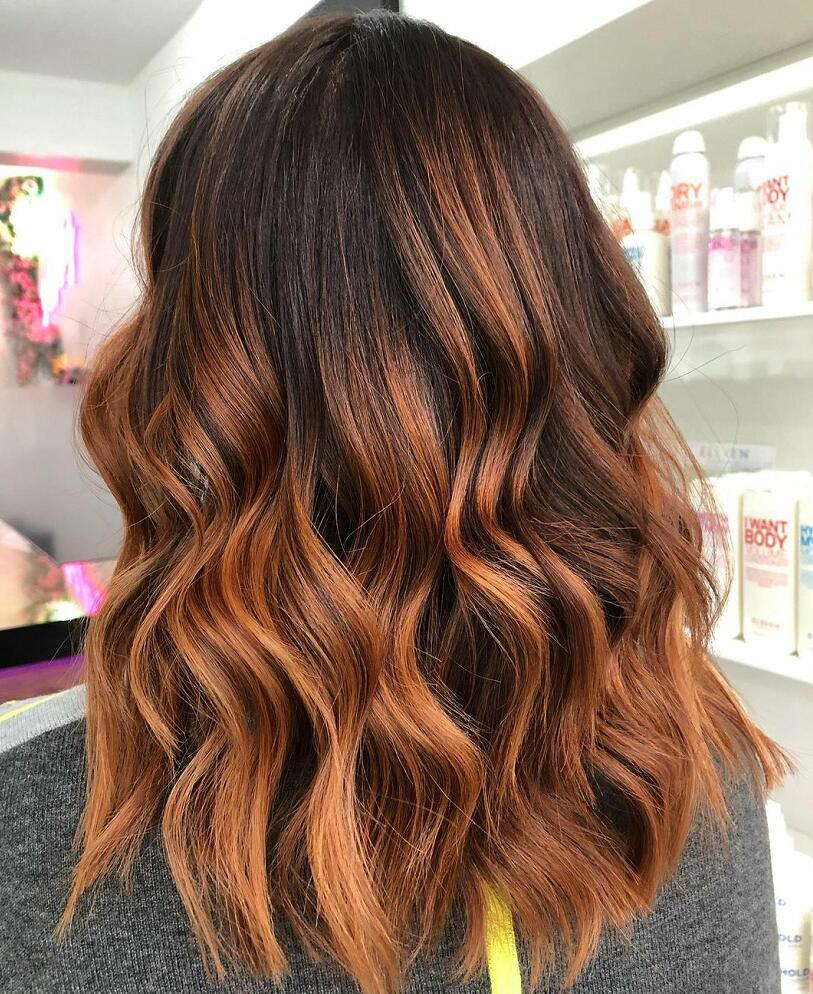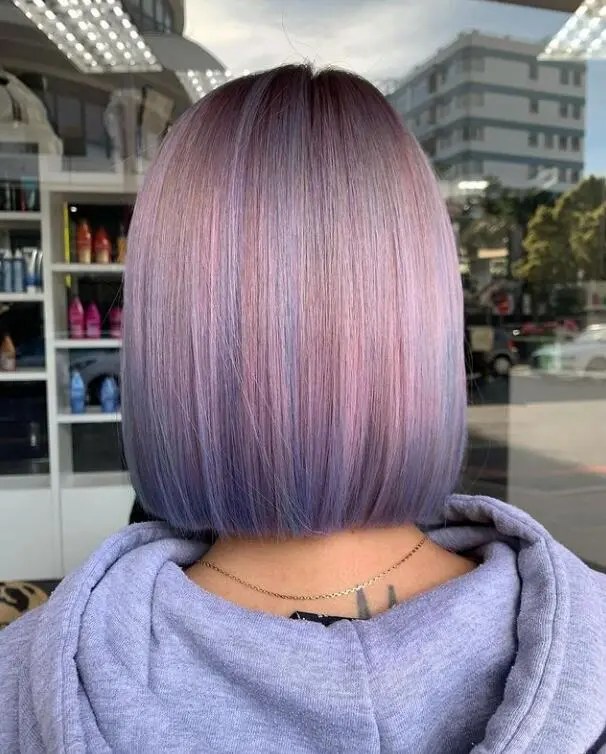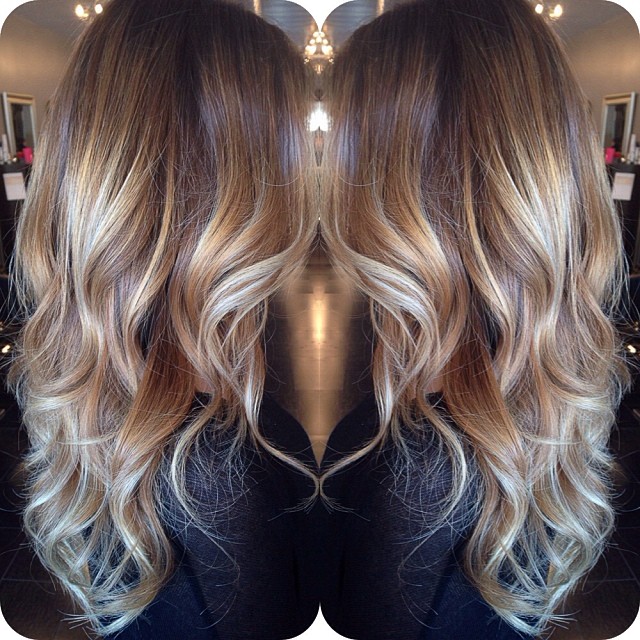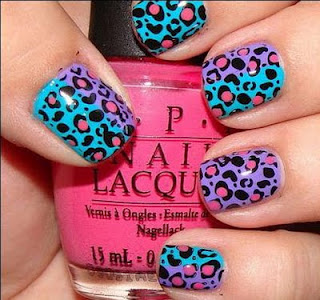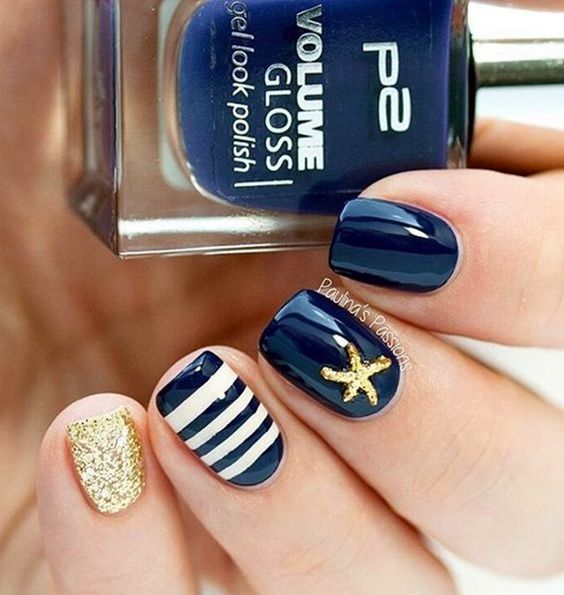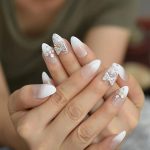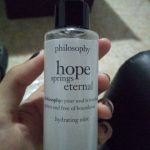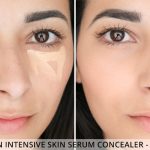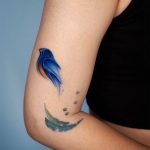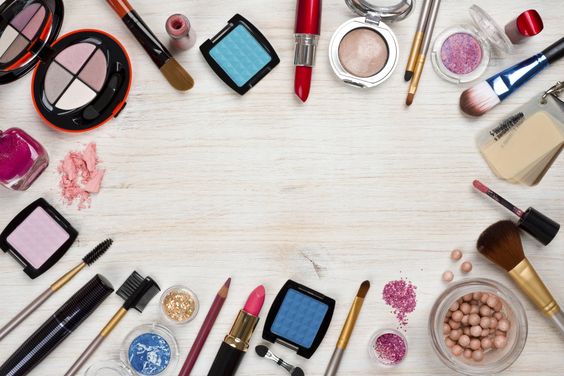
Beauty products are not any different. Like everything else on a competitive market they can also be the victim of false advertising. While it might be comforting to hear that your blush can make you happier, you know that this is not true. Read on to learn how you can detect these lies. Beauty products which make false claims regarding their quality.
1. Common Sense
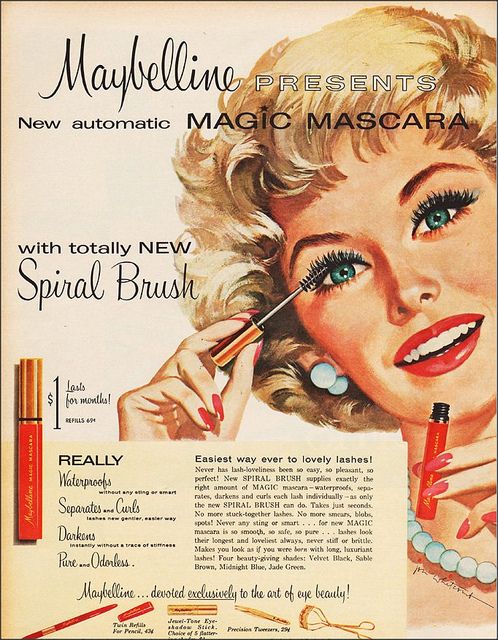
We all would like to think that the body wash we use will magically make us lose ten kilograms. We all (or most of us at least) know that this won’t happen.
Be able to recognize false claims made by beauty products. Ads can be misleading, so don’t fall for them. If something sounds too good to be true, it probably is.
2. Look Into Labels
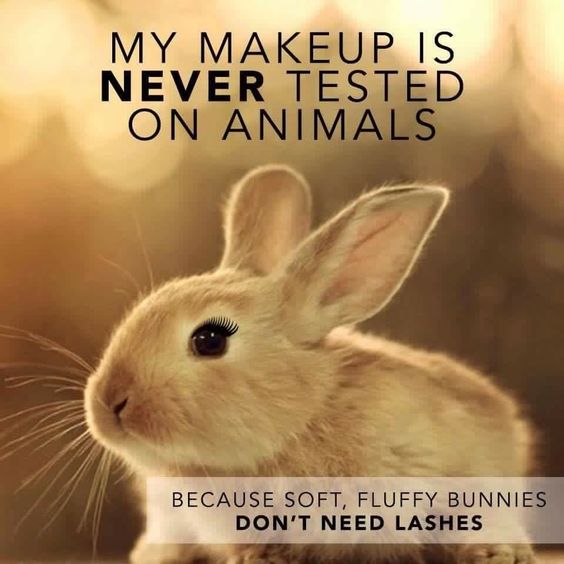
“Oh, wow! This foundation is all-natural! This foundation must be environmentally friendly! This is what you may think when you shop at your favorite beauty retailer. Label manipulation is one of the many ways big beauty brands manipulate labels for their own benefit.
Labels like “cruelty free”, “all-natural” or “vegan”, may not be what you think. Research the meaning of a label and the standards that a product must meet to be labelled.
3. Take note of the Imagery
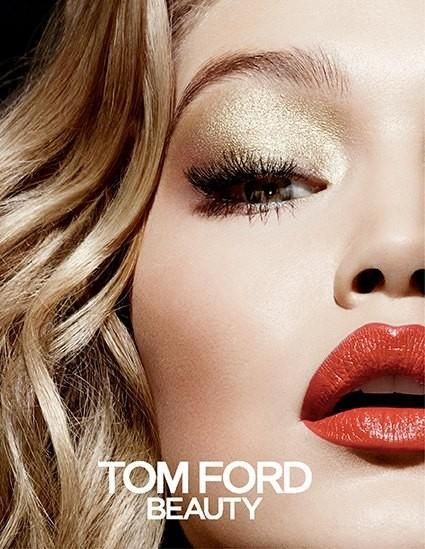
Beauty brands will often use attractive images to encourage consumers to buy their product. You should ignore the images of women or celebrities using products when you watch an advertisement. Focus on the facts of the product and see if you can use it without the beautiful imagery.
4. Keep track of competitors
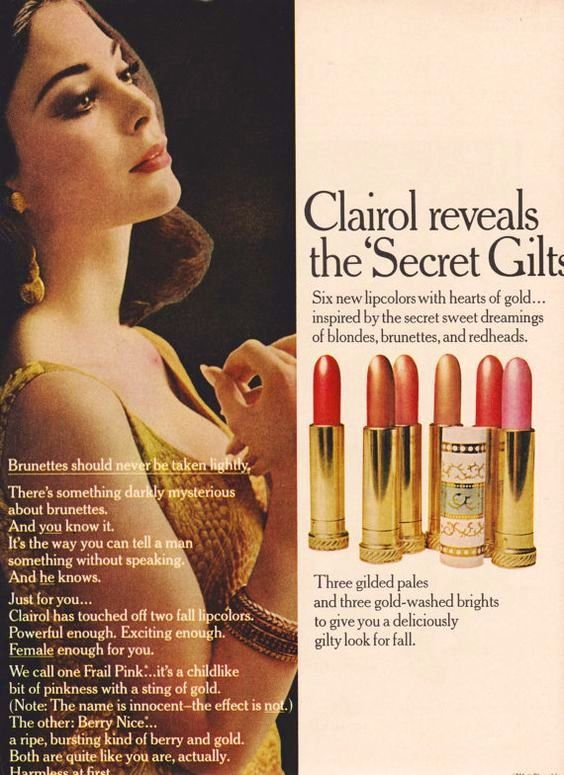
If several popular makeup brands on the market are offering “extra smooth” eyeliner, you should watch out. Beauty brands offer similar products in order to compete with each other, particularly when they are aligned with the current trend. These claims may not be substantiated.
5. Empty Promises:
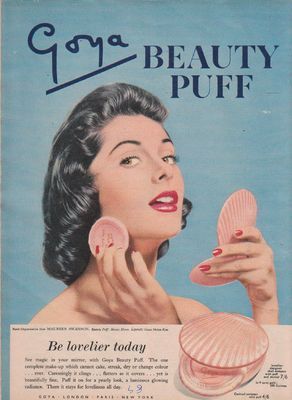
The term “empty promise” is used for any claim that a company has made about its products, but does not back up. An example of an empty promises in relation to beauty products is an “extra volumizing” label on the packaging of a tube of mascara.
It is not worth taking the claim seriously if it has no supporting evidence.
6. Monitor Prices

If you answer that the similar product will cost less, then it is probably not worth buying a product that makes a hard-to-believe claim. If you answer that the similar product will cost less, the product offering the impossible-to-believe claim is probably not worth it.
7. Know What to Do
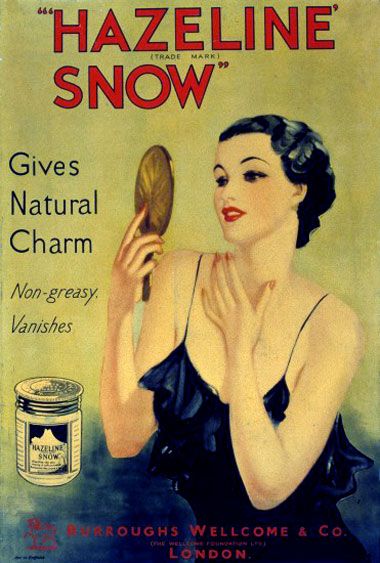
It’s wonderful that you have caught a company infringing on the law by falsely advertising their products. You’re probably furious. What can you do? It is easy and most effective to write a review of the product. Mention the false claim and the proof that you can provide to back it up. You can help others by alerting them to the deceptions of brands.
When a company lies, it can be easy to spot. It can be difficult to tell. Before you go on your next beauty binge, use this post to remind yourself Beauty products which make false claims regarding their quality Do not buy anything that does not work as advertised.

